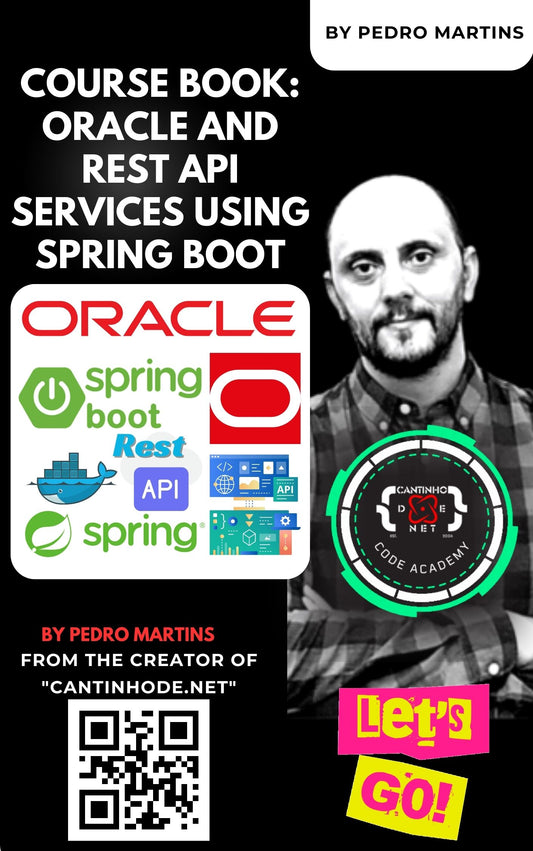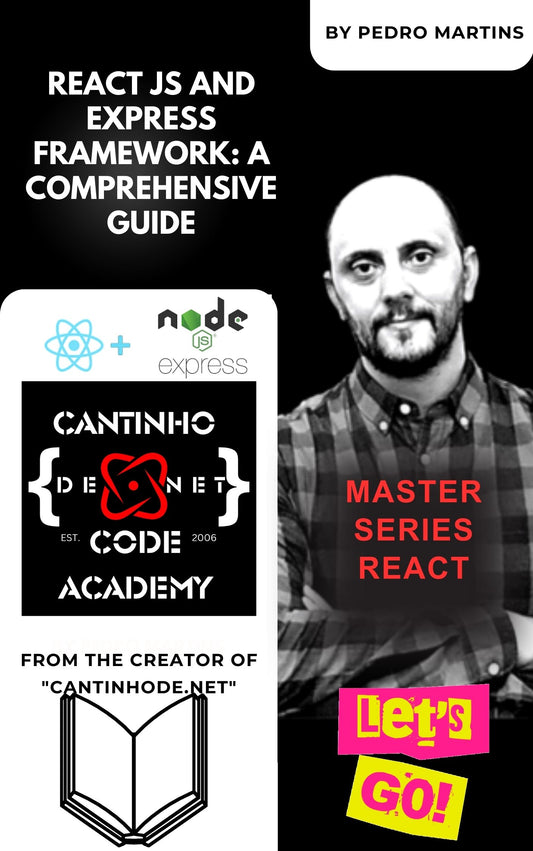
Differences between coaching and mentoring
Pedro MartinsPurpose and Focus:
Coaching: Coaching typically focuses on specific goals, performance improvement, or skill development. Coaches help individuals identify their strengths and weaknesses, set objectives, and work towards achieving specific outcomes within a defined timeframe. Coaching is often task-oriented and performance-driven, aiming to enhance skills and abilities in a targeted area.
Mentoring: Mentoring, on the other hand, tends to have a broader scope and a longer-term perspective. Mentors provide guidance and support based on their own experiences and expertise. The focus is on overall personal and professional development, career guidance, and nurturing the mentee's growth and potential. Mentoring often involves providing advice, sharing knowledge, and helping mentees navigate their career paths.
Relationship Dynamics:
Coaching: The coaching relationship is typically more structured and formal. Coaches work with individuals who have specific objectives and provide guidance to help them reach those goals. The coaching relationship is often time-limited and based on a contractual agreement. Coaches may use specific frameworks, models, and techniques to facilitate learning and development.
Mentoring: The mentoring relationship is usually more informal and based on trust, mutual respect, and rapport. Mentors act as advisors, role models, and confidants, sharing their knowledge, wisdom, and experiences with mentees. The mentoring relationship often evolves over a longer period and is characterized by ongoing support, guidance, and a genuine interest in the mentee's overall well-being.
Expertise and Experience:
Coaching: Coaches are typically trained professionals with expertise in coaching methodologies, techniques, and frameworks. They may hold certifications and have undergone specific coach training programs. Coaches focus on helping individuals develop their own solutions and insights through powerful questioning, active listening, and facilitating self-reflection.
Mentoring: Mentors are individuals who have gained significant experience and expertise in a particular field or domain. They offer guidance based on their personal experiences, lessons learned, and professional journey. Mentors provide advice, share knowledge, and offer insights to help mentees navigate challenges, make informed decisions, and develop their skills and competencies.
Time Frame:
Coaching: Coaching engagements are often time-bound and structured around specific goals or objectives. Coaches work with individuals for a defined period, which can range from a few weeks to several months, depending on the nature of the coaching relationship and the goals being pursued.
Mentoring: Mentoring relationships tend to be more open-ended and can extend over a longer duration. Mentors often provide support and guidance to mentees over an extended period, allowing for a deeper understanding of the mentee's needs and progress. The mentoring relationship can last for months or even years, depending on the needs and goals of the mentee.
While coaching and mentoring have distinct differences, it's important to note that there can be overlap between the two. Some mentors may incorporate coaching techniques into their mentoring approach, and some coaches may provide mentoring-like support based on their expertise. The exact nature of the relationship and the approach taken can vary depending on the specific context and the needs of the individual seeking guidance.







